Anxiety chest pain can hit suddenly, often when your mind is racing or your heart is pounding. You may feel pressure, burning, or sharp stabs, often appearing during moments of intense worry or panic.
Many people rush to the emergency room fearing a heart attack, only to find their heart is perfectly healthy. The reason lies in how anxiety affects the body. Understanding this connection helps you manage symptoms better and know when to seek help.
Can Anxiety Cause Chest Pain?
Yes, anxiety can cause chest pain. Anxiety activates systems in your body that produce physical effects: your heart rate goes up, your muscles tighten, your breathing changes. All this can lead to anxiety chest pain.
When you are anxious, signals in your brain tell your body to prepare for danger, even if there is none. That “alarm system” can cause real pain. But that does not mean your heart is unhealthy. You must learn to tell the difference between pain from stress and pain from heart problems.
How Anxiety Triggers Chest Tightness and Pressure Sensations
When your brain senses a threat (even a worry), it sends signals to muscles all over your body to tense. The chest wall muscles and the rib muscles may contract strongly. This contraction can create tightness or pressure in the chest.
Also, shallow breathing during anxiety reduces the air in your lungs, making the chest feel heavy or congested. You may feel like something is pressing on your chest, or like a weight is pulling inward.
The Body’s “Fight or Flight” Response and Muscle Tension
Your body’s “fight or flight” response is meant to protect you. When active, it floods you with adrenaline and stress hormones. These hormones tell muscles to tighten, especially around the chest, neck, and shoulders. This model of reaction can lead to persistent tightness or soreness, even after the emotional trigger is gone.
Stress Hormones (Adrenaline, Cortisol) and Their Effect on the Heart
Adrenaline (also called epinephrine) pushes your heart to beat faster and harder. Cortisol affects how blood moves through your body. The combined effect is a heart working harder than normal. This increased workload can feel like pounding, fluttering, or pressure in your chest, creating real discomfort.
Why Anxiety Chest Pain Is Not the Same as a Heart Attack
Even though anxiety chest pain can feel intense, it differs from a heart attack. Anxiety-caused pain is often sharp, brief, and tied to feelings of fear or panic. A heart attack tends to cause heavy pressure that spreads to the arm, jaw, or back, often with sweating, nausea, or fainting. Anxiety chest pain is usually not dangerous if it follows a panic or stress episode.
What Does Anxiety Chest Pain Feel Like?
Common Sensations: Sharp, Tight, or Burning Pain
You might feel a sharp jab, like a needle. Or tightness, like a band wrapping around your chest. Sometimes people feel burning or like an internal bruise. The pain may be shallow or deep, depending on the muscles involved.
Pain That Comes and Goes With Emotional Distress
The pain often starts when strong emotions or worry rise. It may spike during a panic attack, then reduce after. You might notice pain ebbing and flowing in sync with anxiety levels.
Chest Discomfort That Worsens During Panic or Hyperventilation
If you breathe too fast (hyperventilate), carbon dioxide levels in your blood drop. That causes muscles (especially around your chest) to spasm, intensifying pain. Panic amplifies all the body’s reactions, so chest discomfort can worsen in those moments.
Key Differences Between Anxiety Chest Pain and Cardiac Chest Pain
Here is a quick table to see the differences:
| Feature | Anxiety Chest Pain | Heart (Cardiac) Pain |
| Quality | Sharp, tight, stabbing, burning | Heavy, crushing, squeezing |
| Location | Often center or side, fixed | May spread to the arm, jaw, and back |
| Duration | Minutes, tied to a panic episode | Longer, persistent |
| Other signs | Anxiety, trembling, sweating | Sweating, nausea, and fainting are possible |
| Trigger | Emotional stress, panic | Physical exertion, artery blockage |
Understanding the Link Between Anxiety and Chest Pain
How Chronic Stress Impacts Cardiovascular Function
When stress stays high day after day, your heart works harder persistently. Blood pressure stays elevated. Over time, this constant burden may contribute to heart issues. This does not mean every chest pain is a heart attack, but chronic anxiety can worsen overall heart health.
Why Anxiety and Chest Pain Often Occur Together
Your brain and body coordinate closely. Anxiety triggers bodily reactions, and those reactions feed back to your brain as sensations (pain, pressure). It becomes a loop. Anxiety causes pain; the pain makes you more anxious. That is anxiety and chest pain working together.
Emotional Triggers That Cause Recurring Symptoms
Triggers include worry about work, relationships, health fears, or even watching the news. Each time those triggers arise, you may feel chest tightness. Over time, your body “learns” that chest pain follows anxiety, so it becomes easier to trigger.
How Mental Health and Physical Sensations Overlap
Your mental state directly affects how your body feels. Stress, fear, and worry may cause physical symptoms like palpitations, muscle tension, or digestive changes. That overlap explains why chest pain from anxiety feels so real even when no physical disease is present.
What Causes Chest Pain From Anxiety?
Muscle Tension in the Chest Wall and Shoulders
Holding tension in your chest and shoulder area strains small muscles. If you stay hunched or stressed, these muscles become sore, leading to persistent pain.
Rapid Breathing (Hyperventilation) and Oxygen Imbalance
Fast shallow breathing throws off the balance of oxygen and carbon dioxide. That imbalance may cause chest tightness, numbness in the arms or lips, and tingling. These sensations add to the discomfort.
Increased Heart Rate and Pressure Changes
A jump in heart rate and sudden shifts in blood pressure can feel like a “thump” or pulse under your chest. You may sense pulsing pain or pressure in the chest center.
Digestive Discomfort (Acid Reflux or Bloating) During Anxiety Episodes
Anxiety often affects digestion. You may swallow air, feel bloated, or suffer acid reflux (when stomach acid moves up your esophagus). That burning or pressure near your chest can mimic or add to anxiety chest pain.
How Long Does Anxiety Chest Pain Last?
The answer varies a lot.
Duration: From Minutes to Hours, Depending on Stress Level
Often, it lasts a few minutes during a panic attack. But if anxiety stays high, you could feel mild pain or tightness for hours. Sometimes days may pass with low-level discomfort.
Why Chest Pain Fades Once Anxiety Decreases
As your stress hormones lower, muscles relax. Oxygen and blood chemistry rebalance. These changes reduce pain. If you calm your mind, your body follows.
When Persistent Pain May Signal Another Condition
If pain lasts many hours, occurs often, or grows worse, it may signal other problems like heart disease, lung issues, or gastrointestinal issues. You should see a doctor if pain is frequent or unusual.
Recovery and Relaxation Techniques That Shorten Episodes
Deep breathing, grounding, muscle stretches, and guided relaxation can stop or shorten pain. With practice, you may reduce how often anxiety chest pain strikes.
How to Relieve Anxiety Chest Pain Quickly?
Here are steps you can use right away:
Slow, Deep Breathing to Calm the Nervous System
Inhale slowly through your nose to a count of four. Pause one or two counts. Exhale through your mouth to a count of six. Repeat until your heartbeat slows and chest eases.
Grounding and Mindfulness Techniques
Name things you see, hear, touch. Focus on one object and describe it in your mind. Bring your attention to now. These tools distract your brain from panic and help your body settle.
Stretching or Light Movement to Ease Chest Muscle Tension
Raise your arms overhead, stretch across your chest, roll your shoulders back. Gentle walking or slow movement helps release stiff muscles and eases pressure.
Using Relaxation Apps or Guided Meditations
Use short audio sessions (five to ten minutes). A calm voice guiding you to relax muscles or breathe can relieve immediate tension. Use trustworthy apps or YouTube guides.
Seeking Immediate Medical Attention If Unsure About Symptoms
If pain is heavy, radiates to an arm or jaw, or if you feel dizzy, faint, sweat, or have shortness of breath, act fast. Call medical help or go to the hospital. Never wait when in doubt.
Medical Treatment for Anxiety-Related Chest Pain
Cognitive Behavioral Therapy (CBT) for Anxiety and Panic Management
CBT helps you track thought patterns that fuel anxiety. You learn to challenge fearful ideas and use coping skills. Many people reduce or stop panic attacks with CBT.
Anti-Anxiety Medications and SSRIs (Under Doctor Supervision)
Doctors may prescribe anti-anxiety medicines or SSRIs (selective serotonin reuptake inhibitors). These drugs help stabilize your mood and reduce panic intensity. Only take under medical guidance.
Beta-Blockers to Reduce Physical Symptoms Like Palpitations
Beta-blockers reduce heart rate and shaking. They help with physical symptoms but do not treat anxiety itself. Use only when your doctor approves.
Lifestyle Modifications for Long-Term Control
Regular exercise, healthy sleep habits, balanced diet, avoiding caffeine and tobacco; these changes help your nervous system. Over time, they reduce episodes of anxiety chest pain.
At-Home Remedies for Anxiety and Chest Pain
Avoid Caffeine, Alcohol, and Nicotine Triggers
These substances stimulate your nervous system and may worsen symptoms. Cutting them often reduces both anxiety and chest symptoms.
Prioritize Regular Sleep and Balanced Meals
Sleep gives your body time to reset. Regular meals prevent blood sugar dips that can fuel anxiety. Avoid heavy meals before bedtime to reduce reflux-related chest discomfort.
Practice Yoga, Mindfulness, or Progressive Muscle Relaxation
In progressive muscle relaxation, you tighten a muscle group, hold, then release. Do this from toes to head. Yoga and mindful movement ease tension and calm your system.
Journaling and Cognitive Reframing for Anxiety Awareness
Write down your triggers, your thoughts, your chest sensations. Notice patterns. Reframe scary thoughts into gentle questions like “Is this really dangerous?” This helps reduce fear and future chest pain.
When to Seek Emergency Care (Critical FS Section)
Chest Pain Accompanied by Shortness of Breath or Dizziness
If you struggle to breathe or feel faint, that is a red flag. Contact emergency services immediately.
Pain Radiating to the Arm, Jaw, or Back
If your chest pain spreads to your arm, jaw, neck, or back, it might be heart-related. Don’t ignore it, seek help.
Sweating, Nausea, or Fainting Along With Chest Discomfort
Break out in cold sweat, feel nauseous, lightheaded, or faint. These signs, together with chest pain may signal a heart attack.
When to Call 911 or Visit the ER Immediately
If chest pain is intense, lasts more than a few minutes, or you have any of these warning signals, call 911 or go to the nearest emergency room. Do not wait.
FAQs
How Do I Know If My Chest Pain Is From Anxiety Or Heart Problems?
You check for the spread of pain, duration, and symptoms like sweating or nausea. If your chest pain is sharp, brief, and tied to stress, it probably comes from anxiety. Still, do medical tests to be safe.
Can Anxiety Chest Pain Last All Day?
Yes, anxiety chest pain can last long if the anxiety stays high. You might feel low-level discomfort for many hours or even days during stressful periods.
Is Anxiety Chest Pain Dangerous?
On its own, anxiety chest pain rarely causes harm. The danger lies in mistaking a real heart issue for anxiety. Always rule out serious causes with a doctor.
What Are The Best Ways To Calm Anxiety Chest Pain Fast?
Deep breathing, grounding, stretching, guided relaxation, and muscle release often help quickly. If symptoms worsen or feel unlike your usual pain, seek medical care without delay.
Should I Take Anxiety Medication For Chest Pain?
Medication might help reduce attacks and physical symptoms. But a doctor should prescribe it. It is not a permanent solution on its own. Combine it with therapy and lifestyle work.
Can Therapy Or Meditation Stop Anxiety-Related Chest Pain?
Yes, regular therapy and meditation reduce the mental stress that triggers chest pain. Over time, you may have fewer or no attacks as your mind and body stay calmer.


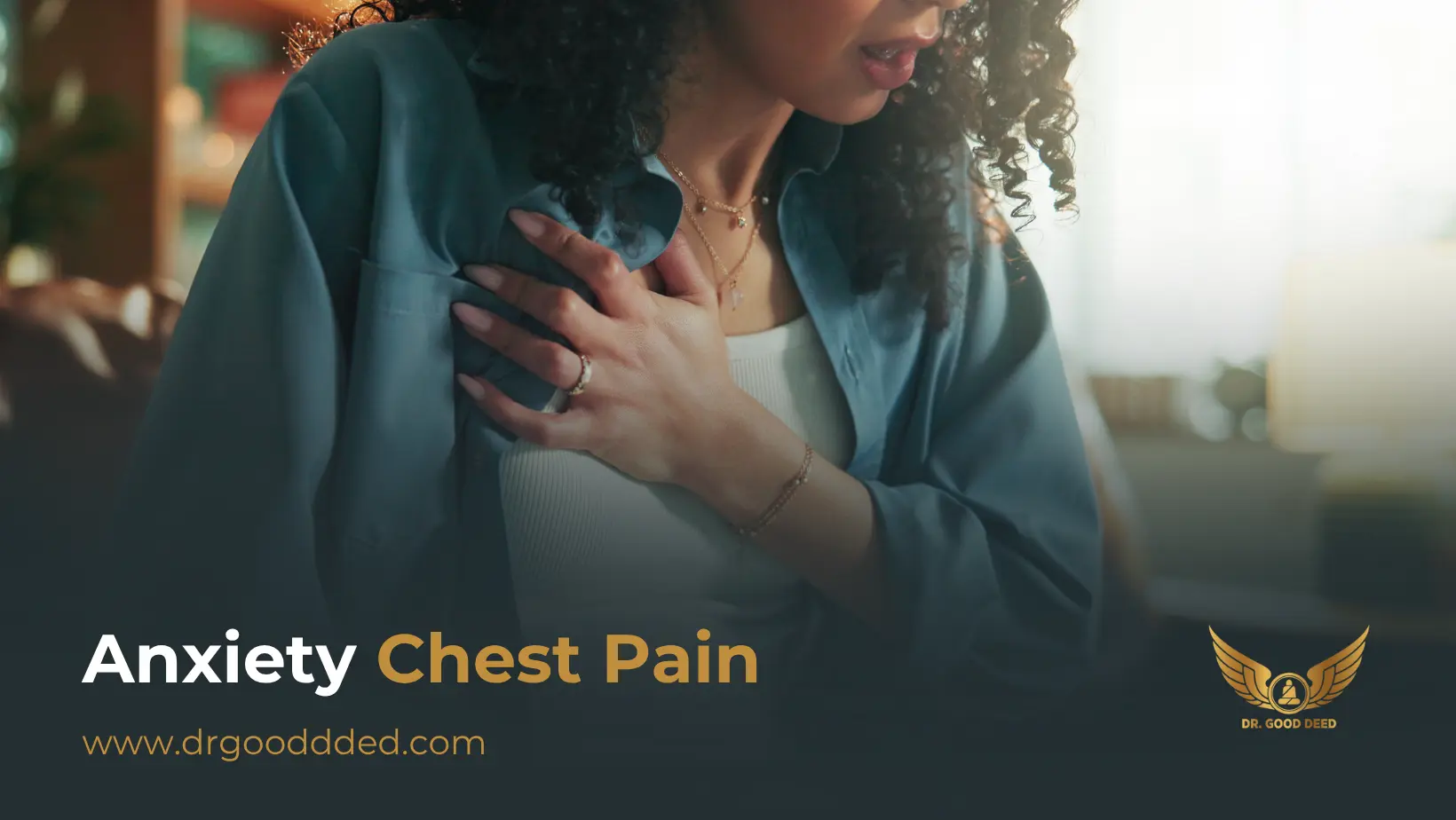

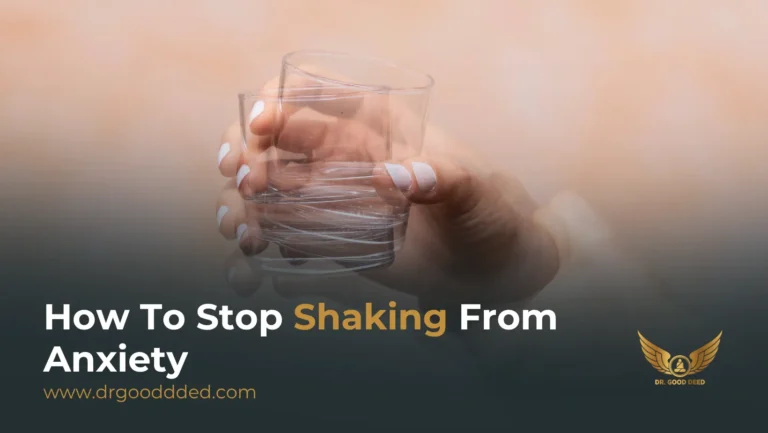
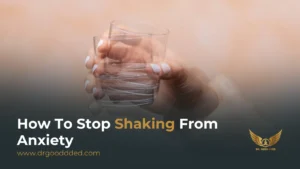
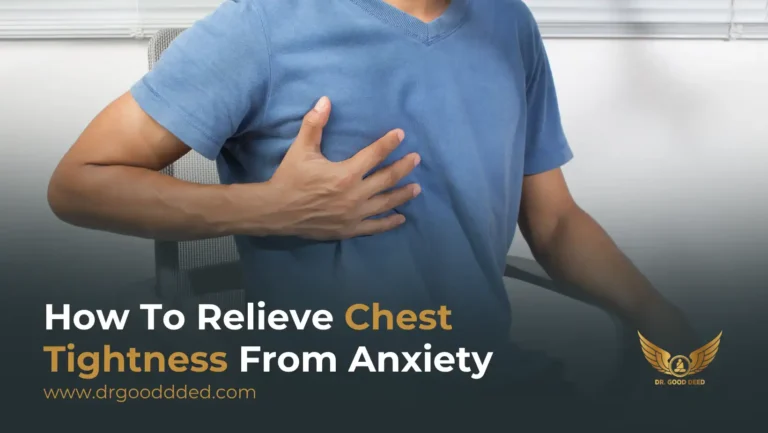
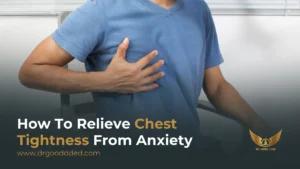
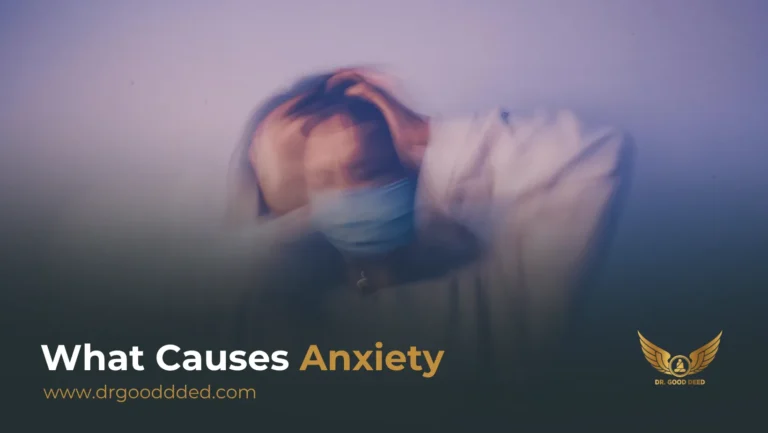
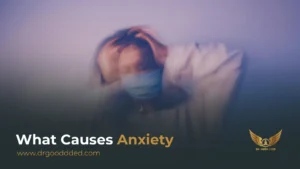
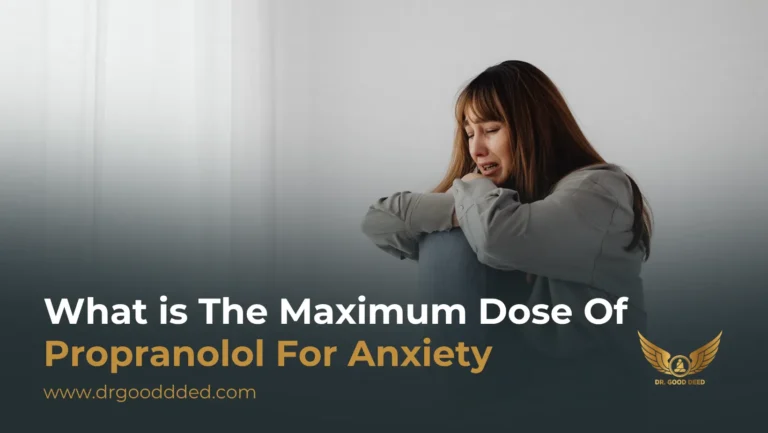
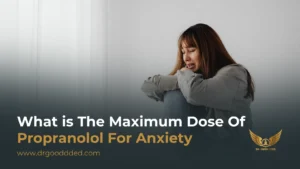


Leave a Comment